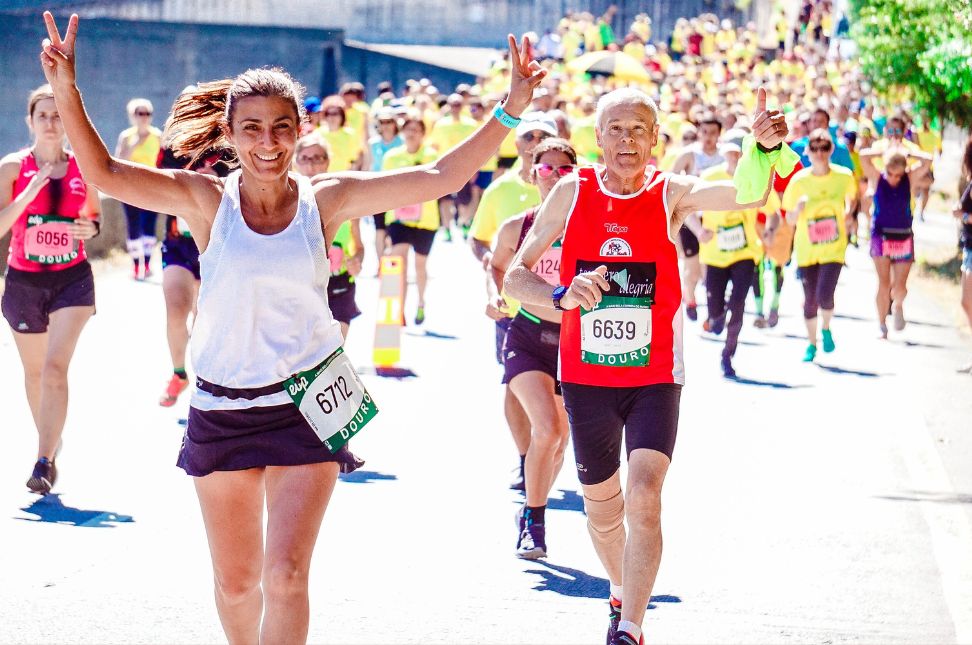Understanding how to train for a 5K/10K/Half-Marathon is essential for anyone looking to achieve their running goals, whether you’re a beginner or a seasoned runner. Each distance presents unique challenges and requires a specific training approach. Here’s a comprehensive guide on how to train for a 5K/10K/Half-Marathon to help you prepare effectively and achieve your best performance.
Setting Your Goals
Before diving into the specifics of how to train for a 5K/10K/Half-Marathon, it’s crucial to set clear, achievable goals. Determine your target time and the pace you need to maintain for each distance. This will help you tailor your training program to meet these objectives.
Building a Training Plan
A structured training plan is vital for success in any race. Here’s how to approach training for each distance:
Training for a 5K
When learning how to train for a 5K, focus on building a foundation of endurance and speed:
- Base Building: Start with 3-4 runs per week, gradually increasing your mileage. Aim for a mix of easy runs and longer runs.
- Speed Work: Incorporate intervals and tempo runs to improve your pace. For example, run 400 meters at a fast pace, followed by a 400-meter recovery jog, and repeat.
- Strength Training: Include exercises like squats and lunges to build lower body strength and prevent injury.
Training for a 10K
How to train for a 10K involves extending your endurance while maintaining speed:
- Long Runs: Schedule a weekly long run that increases by 1 mile each week until you reach 8-10 miles.
- Speed and Tempo Runs: Continue with interval training and add tempo runs of 20-30 minutes at your 10K pace.
- Cross-Training: Incorporate activities like cycling or swimming to improve cardiovascular fitness without additional impact on your joints.
Training for a Half-Marathon
Understanding how to train for a half-marathon requires a focus on endurance and stamina:
- Gradual Mileage Increase: Build up your weekly mileage gradually, aiming to reach at least one 10-12 mile run before race day.
- Tempo and Pace Runs: Run at your half-marathon goal pace for sustained periods to get comfortable with your target pace.
- Recovery and Rest: Ensure you have rest days and recovery runs to prevent overtraining and injuries.
Nutrition and Hydration
Proper nutrition and hydration are critical components of how to train for a 5K/10K/Half-Marathon. Fuel your body with a balanced diet rich in carbohydrates, proteins, and healthy fats. Hydrate adequately, especially before and after runs. For longer distances, practice fueling during runs with gels or sports drinks to maintain energy levels.
Mental Preparation
Training for a race is as much a mental challenge as it is a physical one. Visualize your success, stay positive, and set incremental goals to keep motivated. Mental toughness will help you push through difficult training sessions and race day challenges.
Rest and Recovery
Incorporating rest and recovery into your training plan is essential. This includes:
- Rest Days: Take at least one or two rest days per week to allow your muscles to recover.
- Active Recovery: Engage in low-impact activities like yoga or stretching to keep your muscles flexible and reduce soreness.
- Sleep: Aim for 7-9 hours of quality sleep per night to support recovery and performance.
Race Day Preparation
As race day approaches, taper your training to allow your body to rest and recover. Familiarize yourself with the race course and logistics. On the day of the race, start with a light warm-up, stay hydrated, and pace yourself according to your training.
Conclusion
Knowing how to train for a 5K/10K/Half-Marathon involves a comprehensive approach that includes structured training, proper nutrition, mental preparation, and adequate rest. By following these guidelines, you can effectively prepare for your race and achieve your running goals. Whether you’re aiming for a personal best or completing your first race, understanding how to train for a 5K/10K/Half-Marathon will set you on the path to success.




